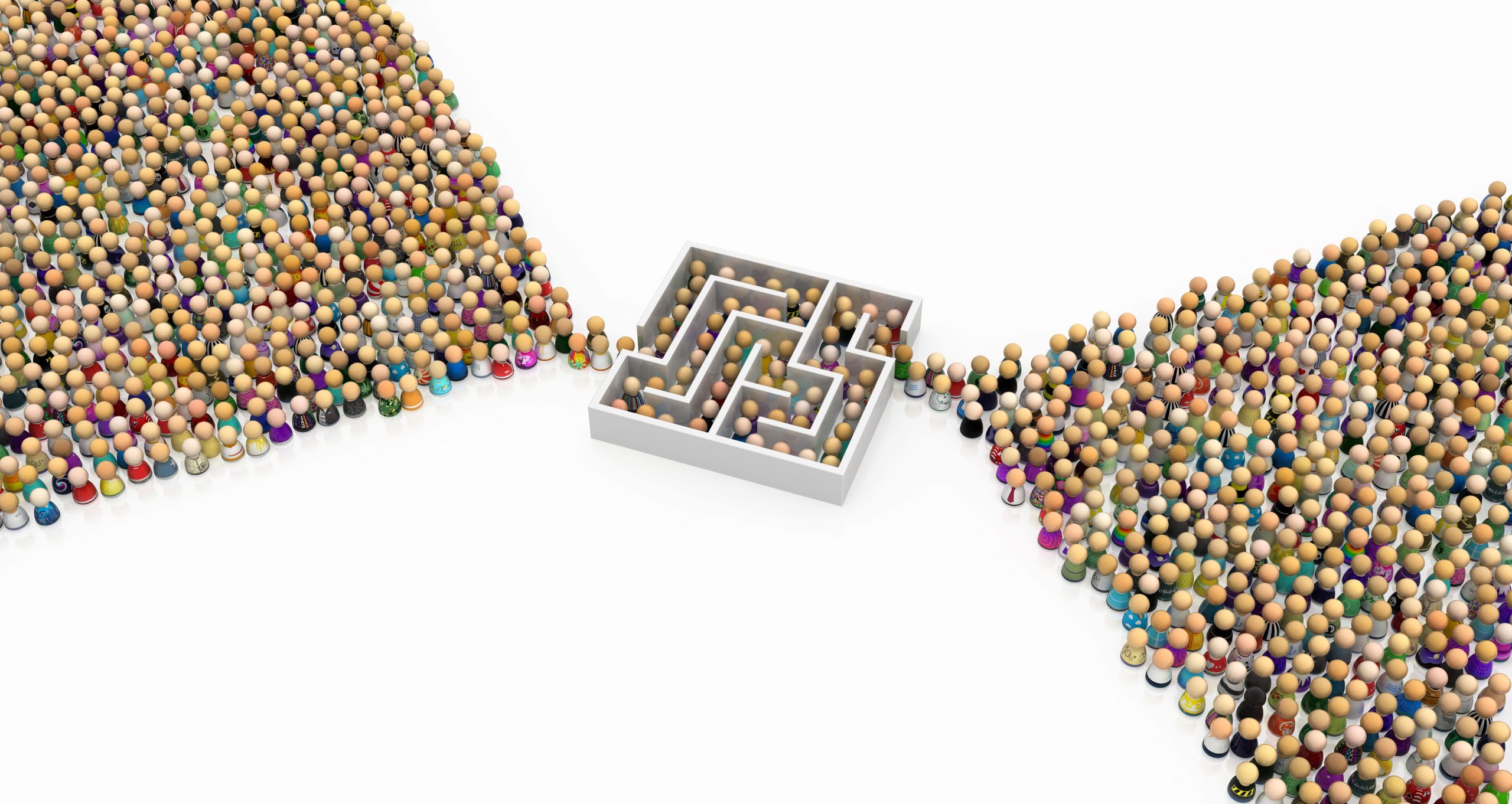

"The good thing with perceived gridlock is at least bad things for business won't be coming out of Washington anymore," says Steve East, chief economist and market strategist at Height Analytics in Washington, D.C. "Should a split Congress be the result of the November 2 elections, the resulting uncertainty may just end up adding one more stone to this already high wall of worry."Īt the onset, at least, leaders from both parties are likely at least to talk up unity, even if any honeymoon is short lived.īut both investors and voters may grow impatient with Congress if it doesn't make quick decisions on whether to continue the Bush tax cuts that expire at the end of the year, as well as whether the ObamaCare health reform plan stays intact. "I believe investors look to Washington for leadership, not obstacles," Sam Stovall, S&P's chief equity strategist, wrote in a note accompanying the data. But Republicans took over after the 1994 elections, and while the two sides bickered for the next six years the dot-com bubble hit and stocks ultimately exploded 208 percent during the Clinton years. The latter scenario was best seen under the Clinton administration and often serves as the template for the "gridlock-is-good" crowd.Īfter pursuing a leftist agenda for his first two years in office, during which Democrats controlled both chambers, Clinton saw the economy languish while the stock market did little. Both complete Republican control, and a Democratic president and Republican Congress have had returns of 15.1 percent. Looking at the numbers more internally, there is a tie for best performance when looking at party control. The worst? When there is total gridlock, when the benchmark has gained just 3.5 percent. Of the three scenarios, the best comes not when government is divided but actually during total unity, under which the S&P 500 has seen a 10.7 percent post-World War II return. The study examined three conditions: Total unity, when one party controls the White House, Senate and House of Representatives partial gridlock, where one party controls both houses of Congress and another the White House and total gridlock, when Congress is split. Standard & Poor's has evaluated the data of what actually does happen to stocks during a divided government, and the answers might be surprising. If what we get is just a lot of arguments I question whether that's really a good thing." "Looking a little bit longer term, we need to have the government playing a positive role in some of these issues. It will be less likely that we see sweeping legislation coming through Congress," says David Twibell, president of wealth management at Colorado Capital Bank in Denver. "The perception initially will be that gridlock is going to be good because it will take some uncertainty off the table. Personal Loans for 670 Credit Score or Lower Personal Loans for 580 Credit Score or Lower Contrasted to the House which can change hands in a night, this situation almost invites legislative gridlock into US Politics permanently.Best Debt Consolidation Loans for Bad Credit With only a third of the Senate being elected at any one time, it is inevitable that any change to the ruling party in the Senate would be slow. This is then backed up through the electoral system created through differing term lengths, specifically relating to the Senate. The basis of this claim is that gridlock would ensure that all policy decisions were supported by a broad base as it would have to appeal to a wide range of opinions and views. It has been argued by some scholars that the US Constitution was specifically designed to not only allow gridlock but increase the chances of its occurrence. The opposite is true, if the ideologies of the parties are closer, or both parties have a significant number of 'moderate' congressmen, which can create a majority. This essentially means that when the ideological gap between Democrats and Republicans is wide, far less legislation will get passed. Gridlock tends to occur far more when parties are polarized. This second instance happens far more than the first, but both instances can cause the passage of legislation to be slow. The second instance is when Congress happens to be united under one party, yet the Presidency is controlled by the opposing party. Firstly if the House of Representatives and Senate are controlled by different parties, then the passage of legislation will be difficult. To apply the concept of gridlock to the United States, it can occur in two places. Gridlock can be defined as the situation that arises when legislation faces difficulties in being passed due to different party control in the legislature or executive.


 0 kommentar(er)
0 kommentar(er)
